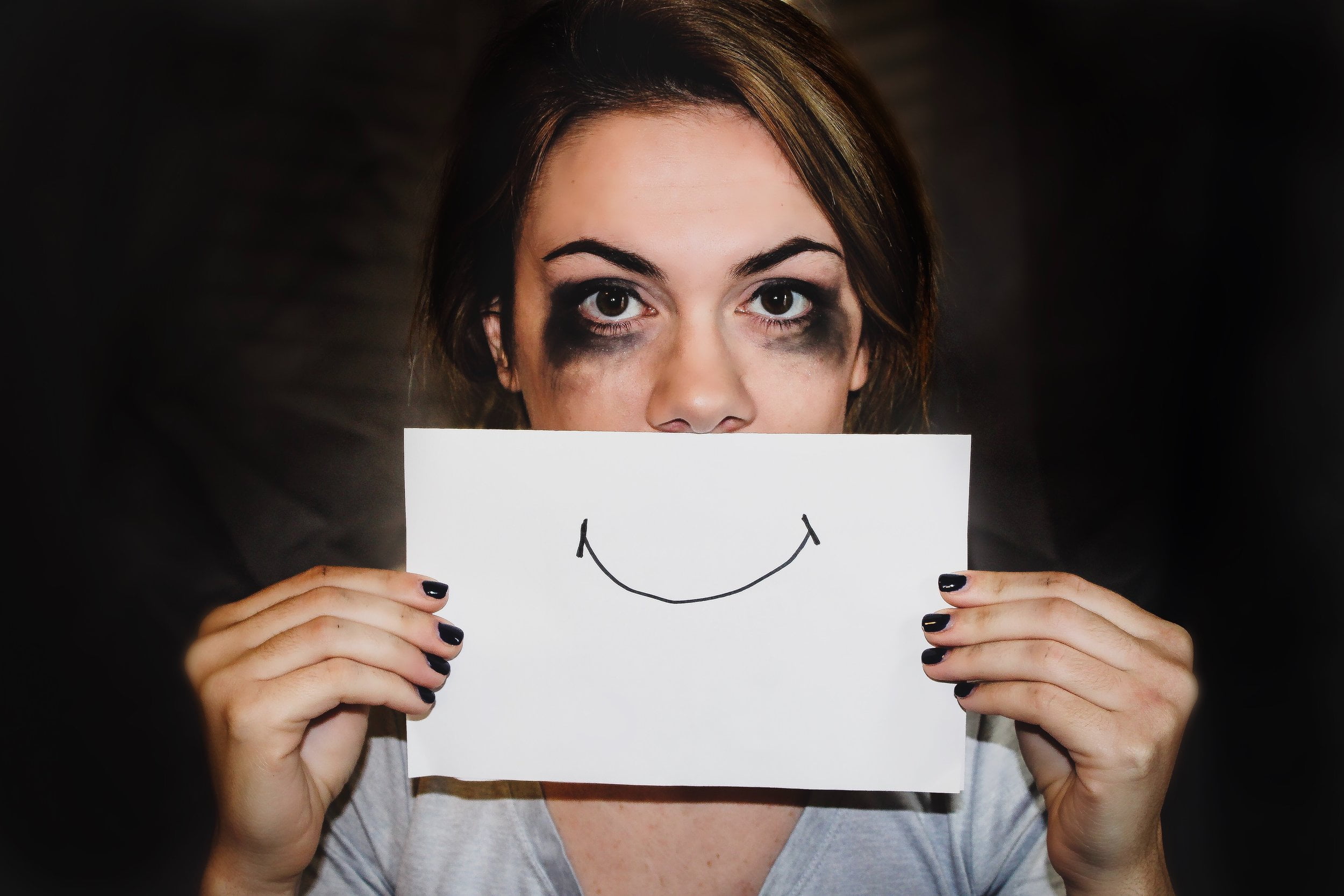
According to the Californian Penal Code Section 1000.36, Mental Health Diversion is the process by which defendants postpone legal action against them in order to obtain treatment for an alleged mental health disorder. This is a pre-trial diversion process for defenders who have been accused of a certain criminal activity. The Senate Bill was passed in early 2018 and now allows defendants to postpone any further legal action against them before a final ruling is made by the court. Only people suffering from mental health disorders are allowed to go through with the process.
Conditions for Eligibility for Mental Health Diversion
Anyone facing either felony or misdemeanor charges is eligible for Mental Health Diversion. However, the statute contains several conditions that defendants must meet to be eligible for Mental Health Diversion.
The defendant must be suffering from any one of the mental health disorders described in the latest edition of the Diagnostic and Statistical Manual of Mental Disorders. This manual lists the most common and researched mental health disorders in the US and much of the world, their descriptions, diagnosis, and treatment. Only those suffering from antisocial personality disorder, borderline personality disorder, or pedophilia are ineligible for the process. The defendant can prove the presence of a mental health disorder through a mental health assessment, medical records, and any prior arrest records.
The mental health disorder must have played a crucial role in the alleged offense of the defendant. The burden to prove this lies with the defendant. The judge should be able to conclude that the symptoms were present at the time of the offense through witness statements, police records, medical records, or hearing statements.
The defendant must also show that following treatment, they should be able to continue to respond to treatment. Mental health experts can assess the current status of the defendant to determine whether the pre-trial diversion will improve his or her symptoms.
A Mental Health Diversion will only be granted if the defendant waives their right to a speedy trial as given in the Sixth Amendment. The only exception to this is if the defendant cannot knowingly and intelligently give a waiver. In such situations, the court may order a mental diversion without a request.
The defendant must also agree to the treatment process.
Finally, the court must be able to conclude that upon completion of the program, the defendant will not pose a threat to the general public. This opinion may come from the district attorney, defendant’s lawyer, a mental health expert, the defendant’s criminal history, or the severity of the offense.
The Process of Mental Health Diversion
To initiate the process, the defendant must file a request with the court. The court is entitled to consider the needs of the defendant following prosecution and the interests of the public. Once the court has approved the request, the defendant may obtain treatment through public or private funds with consent from requested programs. The court requires that the program submit reports for the progress of the treatment in 90 days and a subsequent progress report every 6 months. The statute is flexible when it comes to who is responsible for the costs of treatment. Defendants are allowed to seek private treatment. On the other hand, the court may refer a county mental health agency or an existing collaborative court for those who cannot afford private care. The requested agency has to consent to the treatment program.
The statute also dictates that the program must not run for more than 2 years. Moreover, the court may terminate the treatment process if the defendant is charged with an additional felony or misdemeanor criminal activity or criminal conduct during the process of diversion. If a mental health expert is of the opinion that the treatment process is unyielding, the court is also obliged to terminate the case.
Successful Completion of Treatment Program
When the defendant completes the treatment program and the court is satisfied with the results, the judge may dismiss the charges but under his or her own discretion. A great way to have the court dismiss the charges is by complying with the requirements of the program, avoid violating any laws unrelated to the current offense, and having a long-term plan for mental healthcare. While these conditions improve one’s chances of a favorable outcome, the court may still take a different course of action under their own discretion. To have the best opportunity for utilizing the Mental Health Diversion, consult with your Criminal Defense Hero, Don Hammond.









